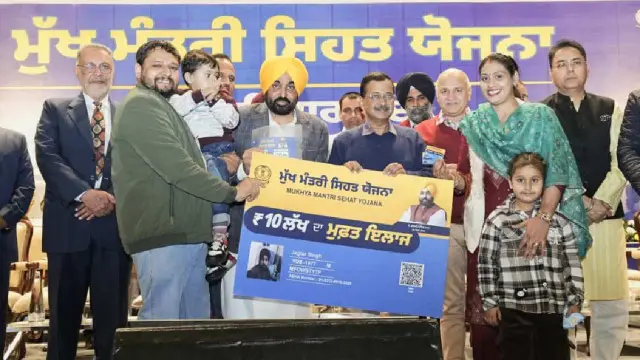Academic underdog to tech giant leader: How Andrew Yeung beat odds
Andrew Yeung, a former Meta and Google employee, turned academic struggles into career success by adopting unconventional strategies and leveraging unique strengths.

Viral: A former Meta and Google employee, Andrew Yeung, shares his journey of converting academic failures into a successful career. He now is the founder of Fibe, a company that organizes tech events. For Yeung, the success in his career comes from unconventional ways of overcoming both personal and professional hurdles.
Turning academic failures into success
Yeung's academic journey was far from stellar. He consistently earned below-average grades in mathematics, English, and science during school and college, and he also lacked self-confidence, charisma, and standout intelligence. "I see myself as an average person who isn't particularly gifted," Yeung said, reflecting on his earlier struggles.
Graduating from the University of Toronto, he faced months of rejection while applying for jobs. Determined to change his trajectory, Yeung decided to adopt innovative methods to achieve his career goals.
Creating his own opportunities
Yeung actually could turn the traditional networking approach literally upside down. Instead of going on some pre-existing industry events, he organized private dinners with executives. Platforms were created to share ideas and foster more collaborations, therefore allowing him to flip the conventional power dynamic around rapidly and showing himself as a leader.
Focus on speed and responsiveness
Yeung said he acted fast: he landed an internship by responding to an email within 10 seconds. In Google and Meta, his prompt responses gave him the opportunity to work on new projects ahead of others.
Building relationships with rejection
Rather than getting disconnected from the hiring managers upon rejection, Yeung remained connected and even presented other candidates for them. In this regard, he received a job offer after being rejected from his first employer.
Playing to Different Strengths
According to Yeung, what led him to success was finding something unique about his strengths and making use of those strengths. As he says: "I found success by finding the unfair advantages uniquely suited to me."
Conclusion: A Plan for Resilience
Andrew Yeung has been a milestone of how resilience and out-of-the-box thinking can transform challenges into opportunities. His story emboldens people to be on unconventional paths and interpret setbacks as stepping stones.















